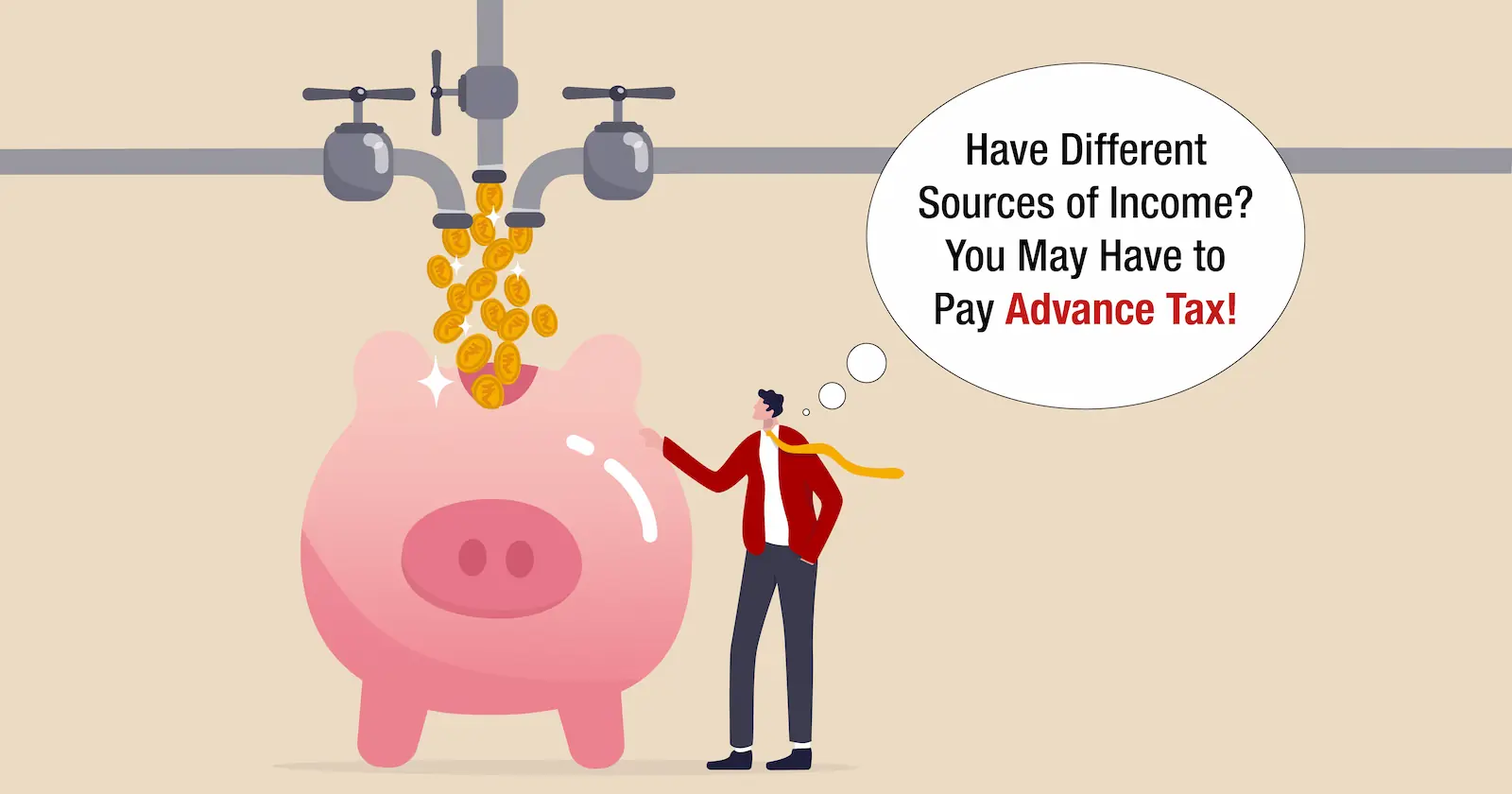When you are hired for a new job, your new employer is not going to wait for the financial year to end. However, when you are switching jobs in the middle of the year, there are certain tax implications. Here are aspects you should remember when filing your income tax return after moving jobs:
- Declare your income from the previous employer: Your current employer will calculate TDS based on the salaries he paid to you in the financial year. In case your current employer has no information on your previous salary income, there are a few crucial things that can go wrong with your income tax return (ITR).
- Wrong consideration of 80C deductions.
- Double calculation of exemption limit of ₹2.5 lakh.
- Application of incorrect tax slabs.
Ensure that you disclose all your salary income details from the previous employer to the current employer by using Form 12B.
- Don’t forget investments and expenses: Apart from salary income, don’t forget to disclose and declare rent details, income from property, medical expenses and Section 80C investments and 80D deductions.
- Get Form 16s from both your employers: If you have left your job in the middle of the financial year, you should have two Form 16s from your employers. If you don’t have one, contact your previous employer and get it to avoid submitting a long list of documents. Once you have Form 16s from both your employers, you have to create a revised statement of income and tax liability to ensure correct computation of tax.
Follow these steps if you have more than one Form 16s in a financial year:
- Add salary earned from both the employers.
- Deduct exemptions such as HRA, travel allowance, etc.
- Claim deductions under Section 80C, 80D and 80G
- Cross-check TDS deducted by both employers on Form 16 using Form 26AS on the Incometaxindia.gov.in website.
A recent survey by Indeed, a job listing portal, revealed that 60% of Indian workers had switched jobs before 16. 56% of these job hoppers were millennials.
Percentage of millennials and non-millennials in India who have changed 0 or more jobs in the last 5 years.
Ensure that you are not receiving double exemptions and deductions on your income in the same financial year. You may save on taxes, but it may lead to costly fines in the near future.




Comments